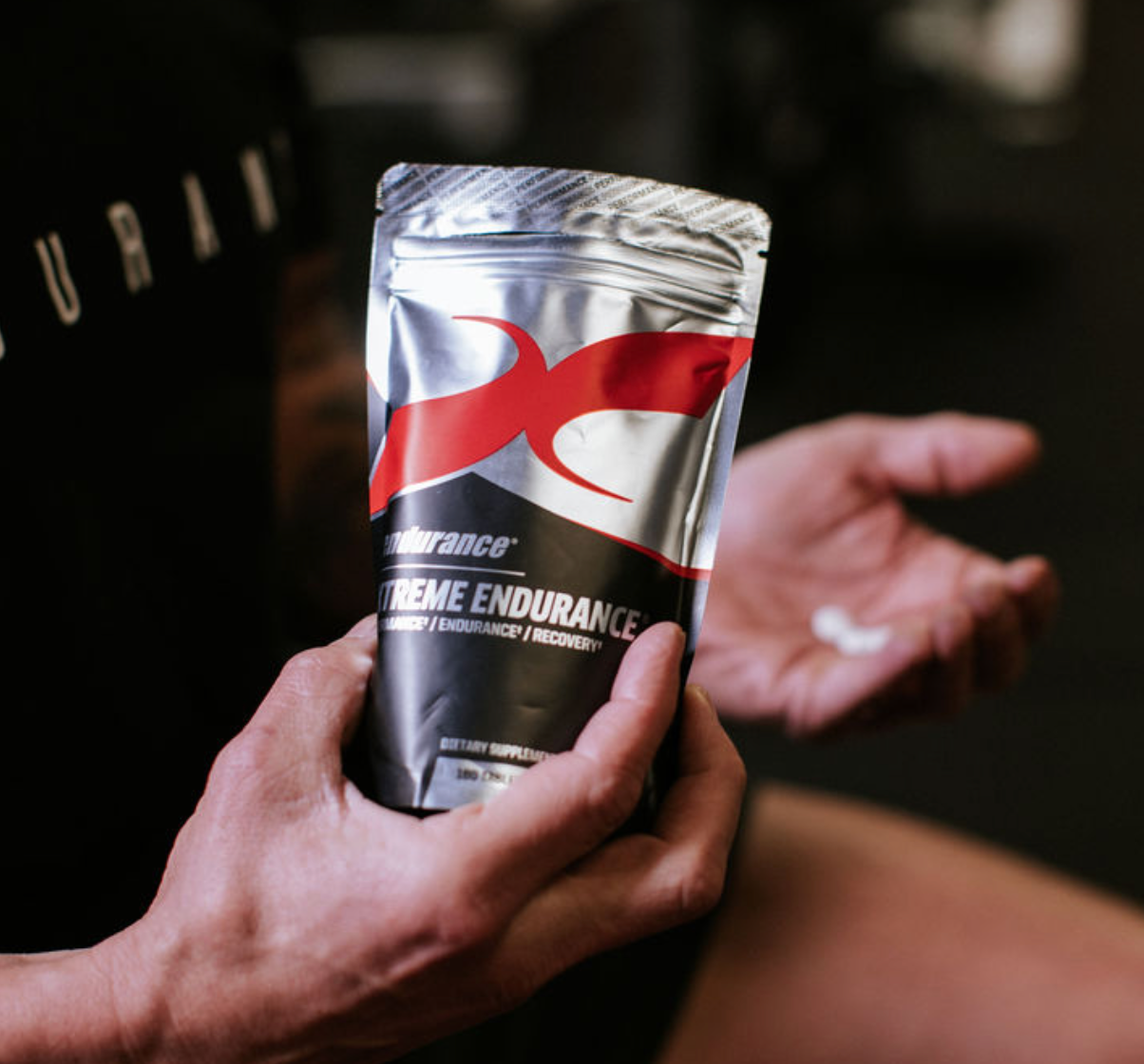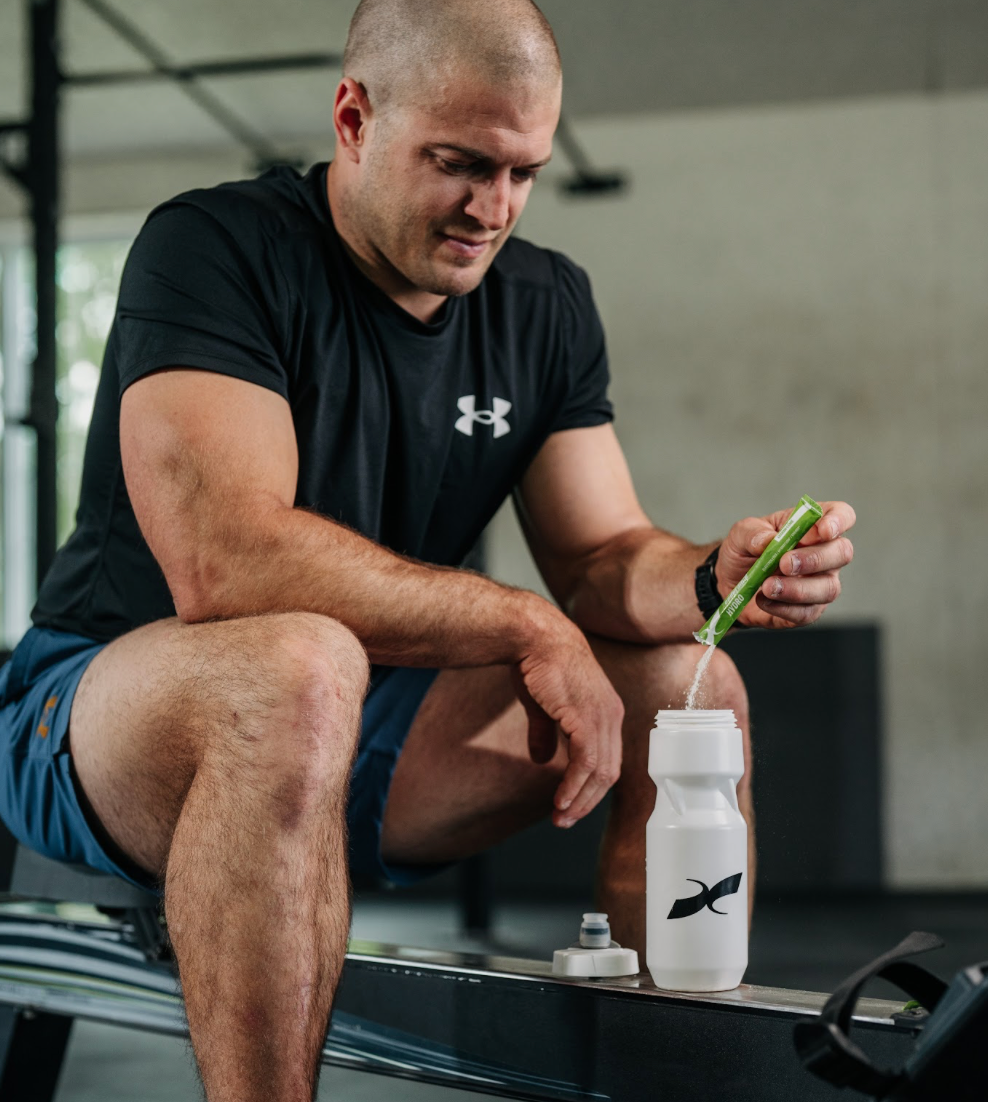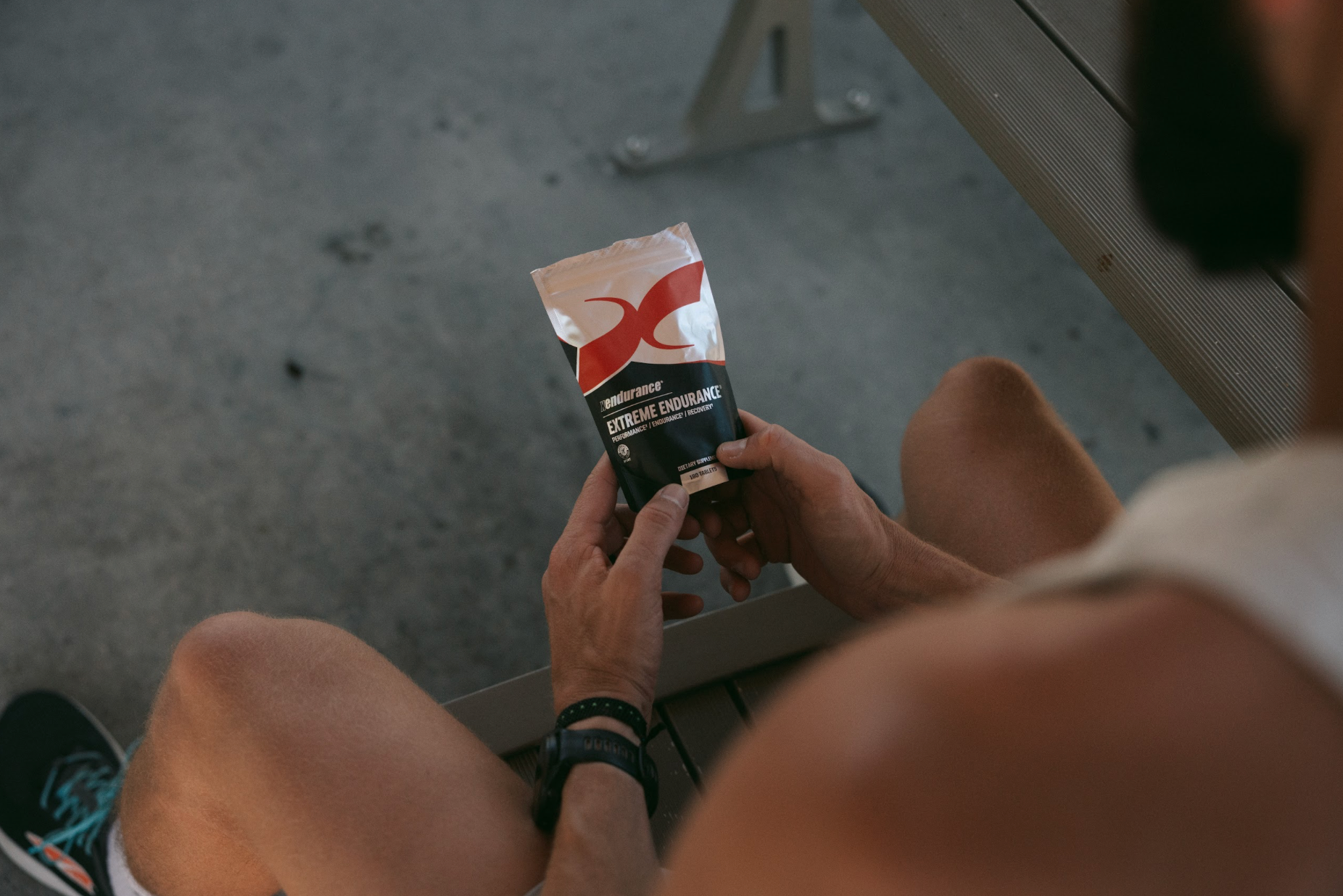In the world of fitness and wellness, magnesium has emerged as a superstar mineral, touted for everything from muscle recovery to mental health. As an active adult or exercise enthusiast, you've likely heard the buzz: magnesium deficiencies are rampant, and popping a standalone supplement could be the key to better sleep, stronger bones, and even beating the blues. But what if we told you that if you're already incorporating Extreme Endurance into your routine, you might be overcomplicating things?
This sports nutrition supplement, designed specifically for active adults and athletes, delivers more than enough magnesium in its daily dose to meet your needs—without the hassle or potential risks of extra pills.
Increasingly, Xendurance is receiving feedback from a growing number of consumers, supported by compelling data, indicating that they may be consuming excessive amounts of magnesium while using Extreme Endurance. In light of this, we're committed to offering clear, in-depth insights into the associated warnings and recommendations to ensure safe and optimal use.
Understanding Extreme Endurance and Its Magnesium Powerhouse
Extreme Endurance, produced by Xendurance, is a clinically tested supplement aimed at reducing lactic acid buildup, minimizing muscle soreness, and enhancing recovery for endurance athletes. Its formula includes key electrolytes and enzymes like calcium carbonate, papain, black pepper fruit, selenium, chromium, potassium, and—of course—magnesium. While the exact milligram amount of magnesium isn't explicitly listed on the product page, the daily recommended dose of six tablets (three in the morning and three in the evening) is formulated to provide "plenty" of this mineral, equivalent to or above what you'd get from a 400 mg standalone magnesium pill. The brand explicitly advises against adding high-dose magnesium supplements while using it, as this could diminish the product's overall benefits.
Why is this sufficient? For starters, Extreme Endurance isn't just a magnesium delivery system; it's a synergistic blend. The inclusion of black pepper fruit, for instance, enhances nutrient absorption, ensuring that the magnesium you get is efficiently utilized by your body. This targeted approach makes it ideal for active individuals who train hard and need quick, effective recovery support. Athletes preparing for events can even "load" with eight tablets daily for 7-10 days, ramping up magnesium intake without external additions.
Magnesium Requirements: Why Athletes Need More, and How They Handle It
Magnesium plays a critical role in over 300 biochemical reactions in the body, including energy production, muscle contraction, and nerve function. The Recommended Dietary Allowance (RDA) for magnesium is 400-420 mg per day for men and 310-320 mg for women over 19 years old. However, athletes and exercise enthusiasts often require 10-20% more—potentially 440-504 mg for men—due to increased losses through sweat and heightened metabolic demands during intense training. Studies show that during prolonged exercise, magnesium losses can reach up to 20%, leading to lower serum levels despite higher dietary intake. This is because athletes experience greater urinary excretion and redistribution of magnesium to support muscle repair and energy metabolism.
The science behind athletes "handling" more magnesium lies in their body's adaptive mechanisms. Research indicates that intense physical activity increases magnesium turnover: it's mobilized from bones and tissues to fuel ATP synthesis (the body's energy currency) and buffer lactic acid. Animal studies have shown that magnesium enhances glucose availability in muscles and the brain, improving endurance and reducing fatigue. Human trials echo this, with magnesium supplementation linked to reduced muscle soreness, better recovery, and protection against exercise-induced damage. Athletes don't necessarily "absorb more" in the sense of higher bioavailability from the gut; instead, their bodies demand and utilize more due to elevated expenditure. Low magnesium status can exacerbate muscle cramps, impair performance, and heighten injury risk, but with a supplement like Extreme Endurance providing athlete-specific dosing, these gaps are filled efficiently.
For context, sedentary folks might scrape by on the RDA, but active adults pushing their limits—think runners, cyclists, or gym enthusiasts—benefit from the boosted intake that Extreme Endurance offers. This prevents the common pitfalls of deficiency, such as fatigue and cramps, without overloading the system.
Magnesium in Your Diet: The Reality Check Most People Miss
Before reaching for supplements, let's talk food. Magnesium is abundant in nature, found in leafy greens like spinach (79 mg per cup), nuts such as almonds (80 mg per ounce), seeds like pumpkin (150 mg per ounce), whole grains (e.g., quinoa at 118 mg per cooked cup), legumes (black beans at 120 mg per cup), avocados (58 mg each), and even dark chocolate (64 mg per ounce). Other sources include fatty fish like salmon, bananas, and soy products like tofu.
Sounds plentiful, right? Yet, most people fall short. Estimates suggest that up to 50% of the U.S. population doesn't meet the RDA, with average intakes hovering around 250-300 mg daily for adults. Why? Modern diets heavy in processed foods, refined grains, and sugars strip away magnesium-rich elements. Soil depletion from industrial farming reduces mineral content in produce, and factors like alcohol consumption, stress, and certain medications (e.g., diuretics) further deplete stores.
For athletes, the issue is amplified: high-intensity training accelerates losses, and even a "healthy" diet might not keep up if calorie restriction or carb-loading skews nutrient balance.
That said, prioritizing magnesium-rich foods is ideal—they come bundled with fiber, vitamins, and antioxidants that enhance absorption. For example, pairing greens with vitamin D sources aids uptake. But for busy athletes juggling training and life, hitting 400+ mg solely from diet can be challenging. This is where Extreme Endurance bridges the gap, offering a convenient, targeted boost without relying on mega-doses from standalone pills.
The Boom in Standalone Magnesium Supplements: Claims, Trends, and Hype
The magnesium supplement market has exploded in recent years, projected to grow exponentially thanks to social media influencers, wellness podcasts, and targeted ads. Brands market standalone products—often in forms like glycinate, citrate, or oxide—for a laundry list of benefits: combating depression, improving sleep, bolstering bone health, and more. Let's unpack the science and trends.
For depression, reviews of clinical trials show that magnesium supplements can significantly reduce symptoms, possibly by supporting serotonin production and neurotransmitter pathways. A 2023 meta-analysis found improvements in mood, especially at higher doses. Sleep claims stem from magnesium's role in calming the nervous system, regulating melatonin, and relaxing muscles—studies suggest it alleviates insomnia and restless legs. Bone health? Magnesium aids calcium absorption and density; low levels are linked to osteoporosis, and supplements may help postmenopausal women.
Trends are driven by rising mental health awareness post-pandemic, with TikTok and Instagram flooded with "magnesium for anxiety" testimonials. High-dose products (400-800 mg) promise quick fixes, but evidence is mixed—benefits often require consistent use, and not everyone responds. Risks include gastrointestinal issues like diarrhea and nausea at doses over 350 mg supplemental magnesium. Overloading can interfere with medications or lead to hypermagnesemia in those with kidney issues.
While these claims have merit (e.g., higher intake linked to lower heart disease risk), the hype often overlooks that most benefits come from correcting deficiencies, not mega-dosing. For athletes, standalone supplements might seem appealing, but they can disrupt electrolyte balance if not tailored.
Why Extreme Endurance Makes Standalone Mega-Doses Unnecessary
Here's the crux: If you're taking Extreme Endurance, you're already getting athlete-optimized magnesium—enough to support energy, recovery, and overall health without extras. The daily six-tablet dose delivers a balanced amount, above 500 mg equivalent, absorbed efficiently thanks to cofactors like black pepper. This prevents the need for high-dose standalone products, which could cause digestive upset or reduce the supplement's efficacy by overwhelming your system.
Science backs this: Athletes benefit from magnesium in a comprehensive formula that addresses lactic acid and soreness, as seen in Extreme Endurance's clinical trials showing 26% lactic acid reduction. Unlike isolated supplements marketed for depression or sleep, Extreme Endurance targets performance holistically, covering the 10-20% extra needs without excess. If your diet includes some magnesium-rich foods, this combo ensures you're not deficient—most active users report adequate levels without add-ons.
Mega-doses (500+ mg) might help severe deficiencies, but for exercise enthusiasts, they're overkill and risky. Extreme Endurance's approach is sustainable: it supports bone health, mood, and sleep indirectly through better recovery, minus the hype.
Simplify Your Stack with Extreme Endurance
In a sea of supplement trends, it's easy to get swept up in magnesium mania. But for active adults and athletes, Extreme Endurance provides more than enough of this essential mineral, backed by science on increased needs and efficient utilization. By combining it with a nutrient-dense diet, you sidestep deficiencies without standalone mega-doses that could do more harm than good. Focus on training, recovery, and real results—let Extreme Endurance handle the magnesium. Your body (and wallet) will thank you.









Leave a comment
This site is protected by hCaptcha and the hCaptcha Privacy Policy and Terms of Service apply.